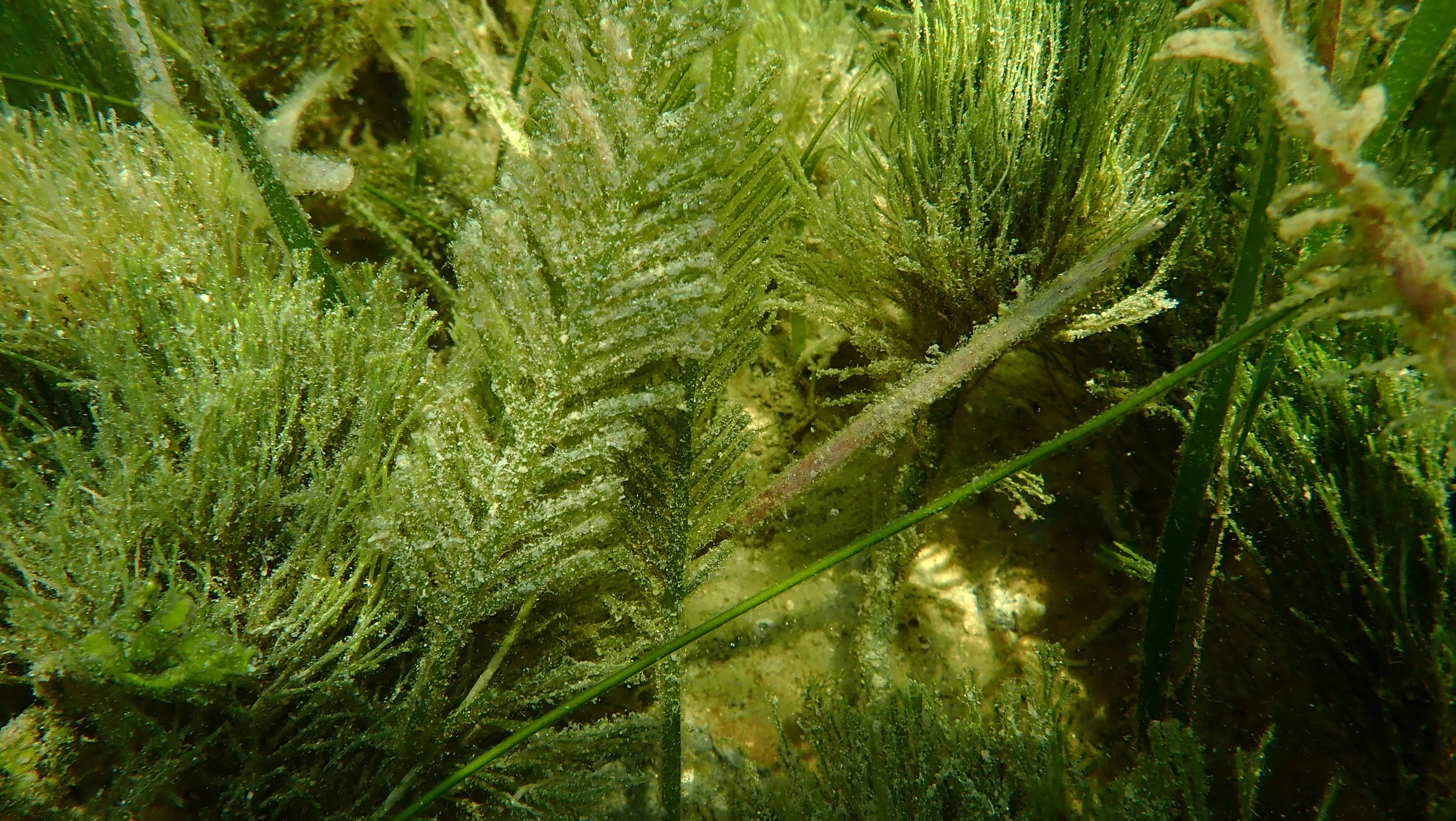Conservation Biology (BSC 3052)
Conservation Biology is an exploration of the science necessary to understand environmental problems and to develop strategies to mitigate or reverse those problems. This course introduces major controversies in the field, covering both local and global issues. We cover the biological principles that guide effective conservation planning, the social and political contexts of these issues and methods for making management decisions that balance multiple goals, considering both natural and human needs.
Computational Experiments in Ecology and Evolution (BSC 3402L)
Many questions in ecology and evolutionary biology cannot be directly addressed through field experiments because of logistical or ethical constraints. In such cases, computational and mathematical approaches can be used integrate the available field data about the population or community of interest and then make predictions about how it will behave under different scenarios. These approaches allow one to evaluate hypotheses and alternative management options which would be impossible to test directly in the field. In this course, students are introduced to a range computational techniques used in ecology and evolutionary biology. Students learn to search the primary literature for data that can be used to parameterize these models, learn to develop and implement these models in the programming language “R”, practice developing testable hypotheses and learn how to evaluate such hypotheses using computational techniques.
Applied Ecology Reading Group (BSC 5936)
In this course we read papers at the interface between ecology, conservation, and management. Typically we choose a unifying theme for each semester, so that we can build a more sophisticated understanding through a series of related readings.
